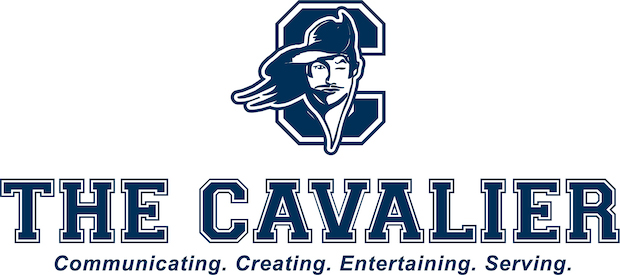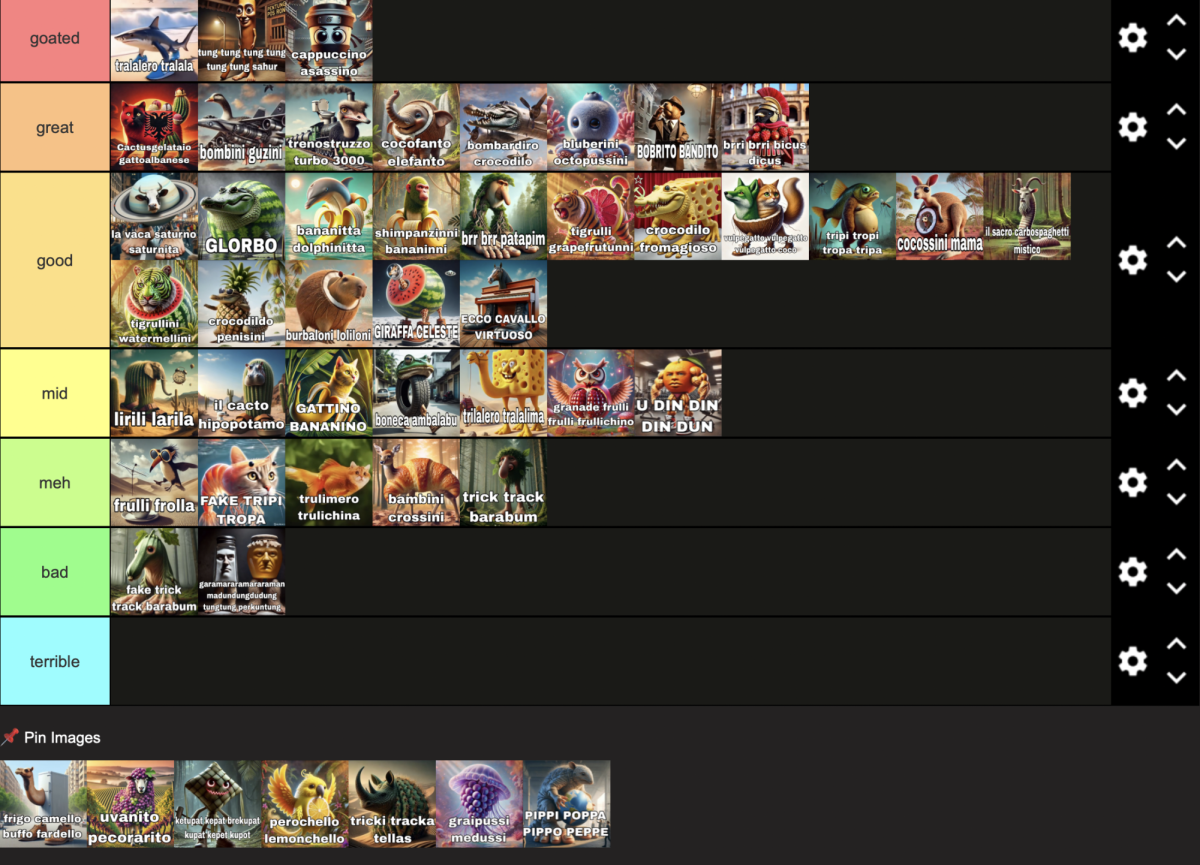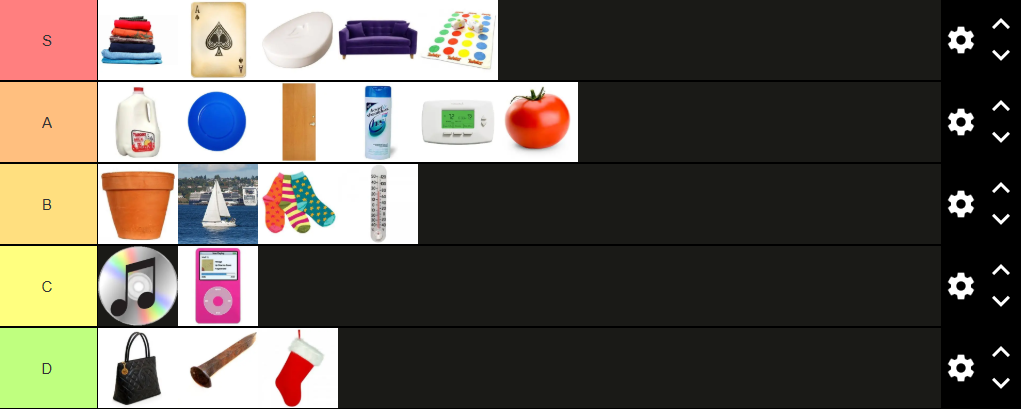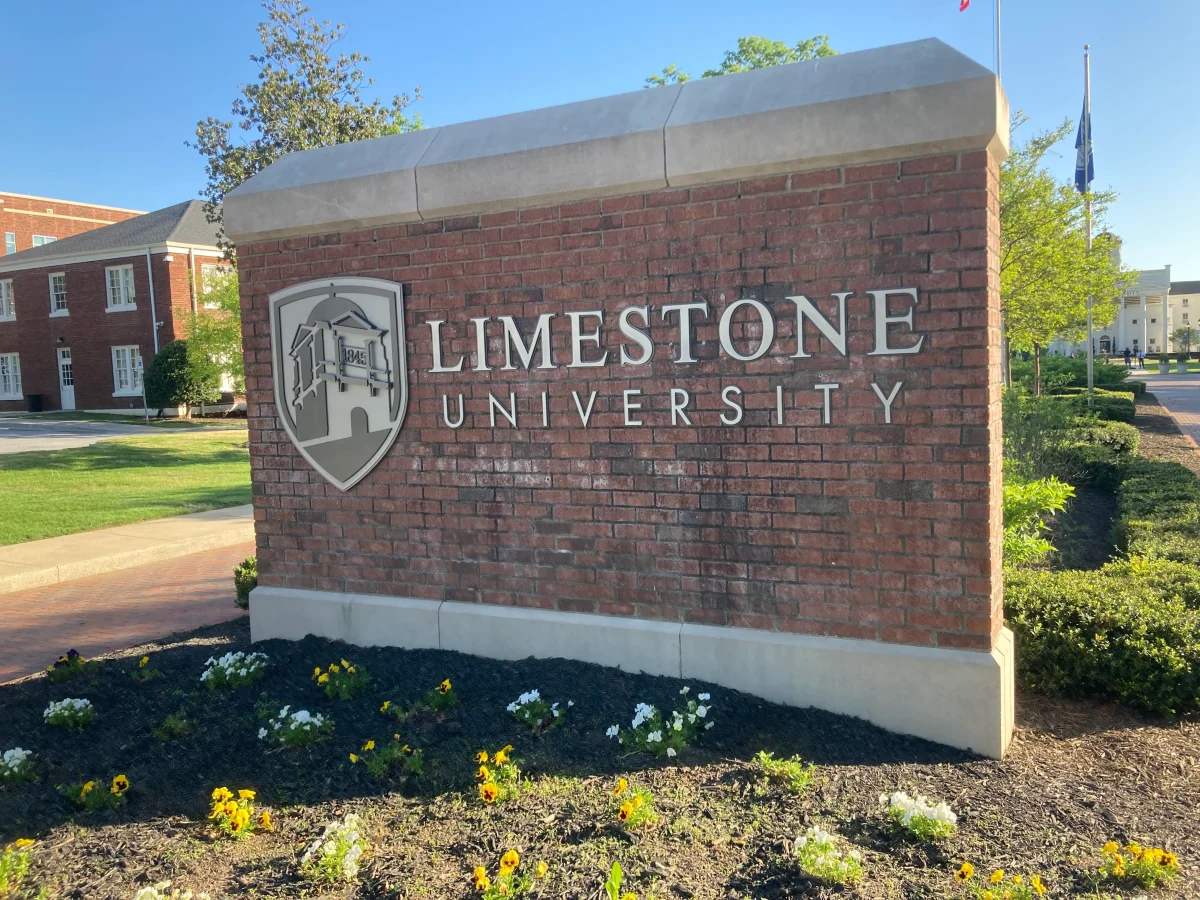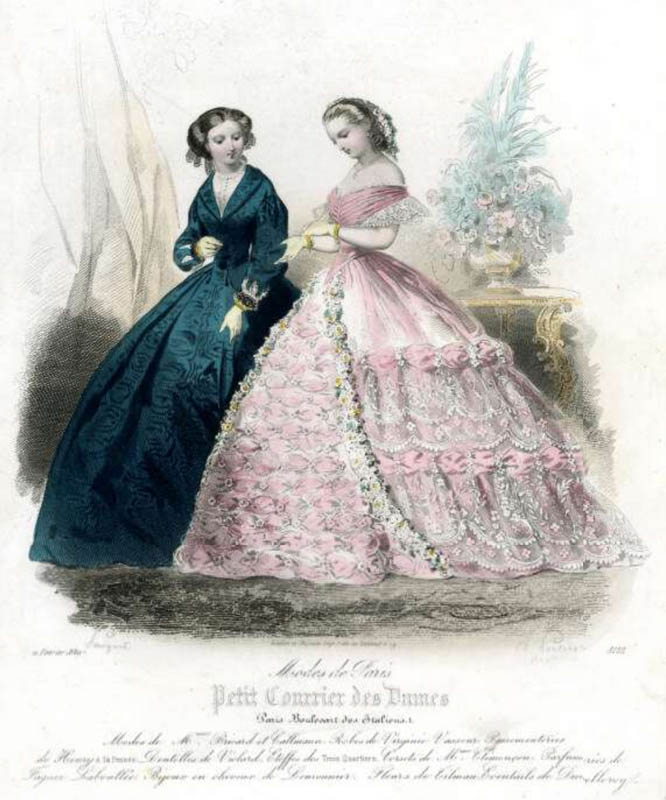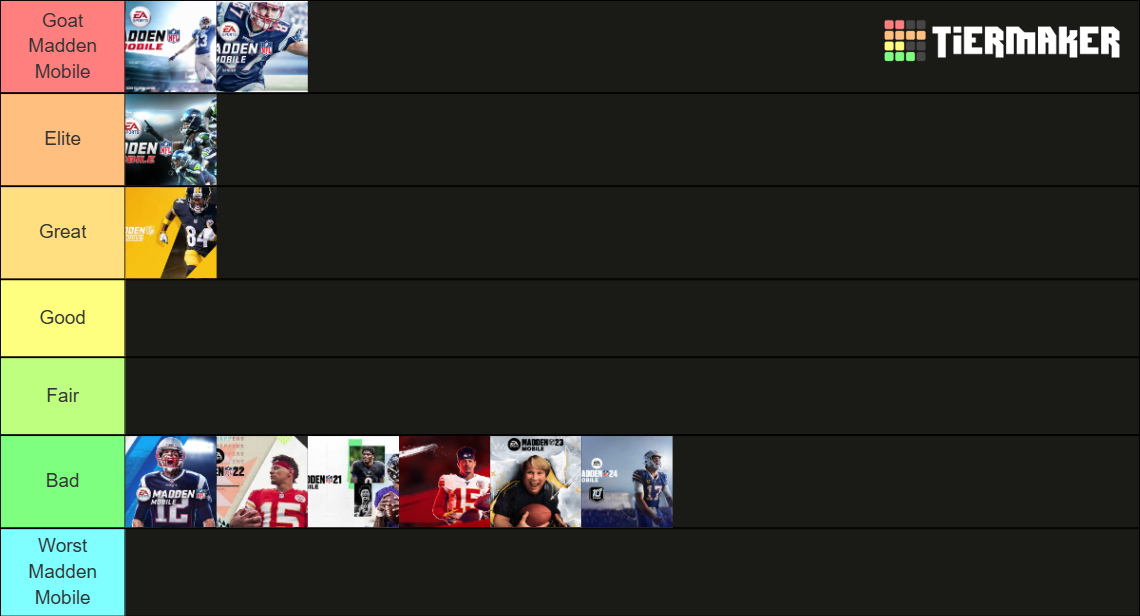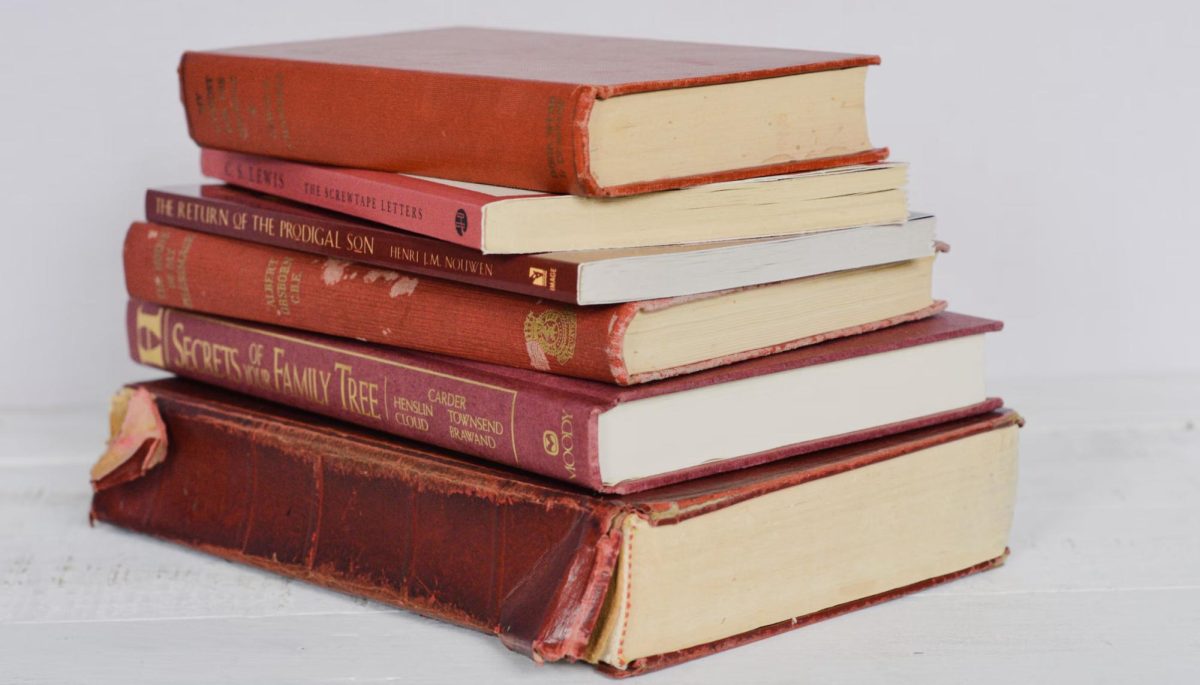Law schools must now adhere to standards of free speech and expression on their campuses to receive accreditation. Last week, the American Bar Association’s (ABA) House of Delegates approved new provisions in their accreditation standards that more stringently uphold free speech, inquiry, and expression on law school campuses.
The move comes after Judge Kyle Duncan was shouted down at a speech at Stanford Law School in California in March 2023. Following the disruption, Chairwoman Virginia Foxx (R-NC) from the House Committee on Education and the Workforce led the committee in a letter to the ABA chairman condemning the actions of members of Stanford’s students and faculty and requested that the ABA determine if the protest violates their standards for accreditation.
In August 2023, the ABA drafted and proposed new rules for free speech, stating that “Effective
legal education and the development of the law require the free, robust, and uninhibited sharing of ideas reflecting a wide range of viewpoints. Becoming an effective advocate or counselor requires learning how to conduct candid and civil discourse in respectful disagreement with others while advancing reasoned and evidence-based arguments. Concerns about civility and mutual respect, however, do not justify barring discussion of ideas because they are controversial or even offensive or disagreeable to some.”
The standards have similarities to the Chicago Statement, a set of principles adopted by the University of Chicago that have since been adopted by many other schools. The ABA’s new standards will likely have a greater impact than the Chicago Principles do alone; law schools are now required to adhere to them to maintain accreditation.
This is a momentous win for free speech on campus all across the country. Professors, lawyers, law students, and future law students such as myself should praise this victory. We should look forward to fostering a culture under these standards that allows all members of campus communities to boldly voice their opinions and beliefs while listening and respecting those of others, and use those skills to solve difficult problems and further bolster the pursuit of truth in the studies of law in America.
